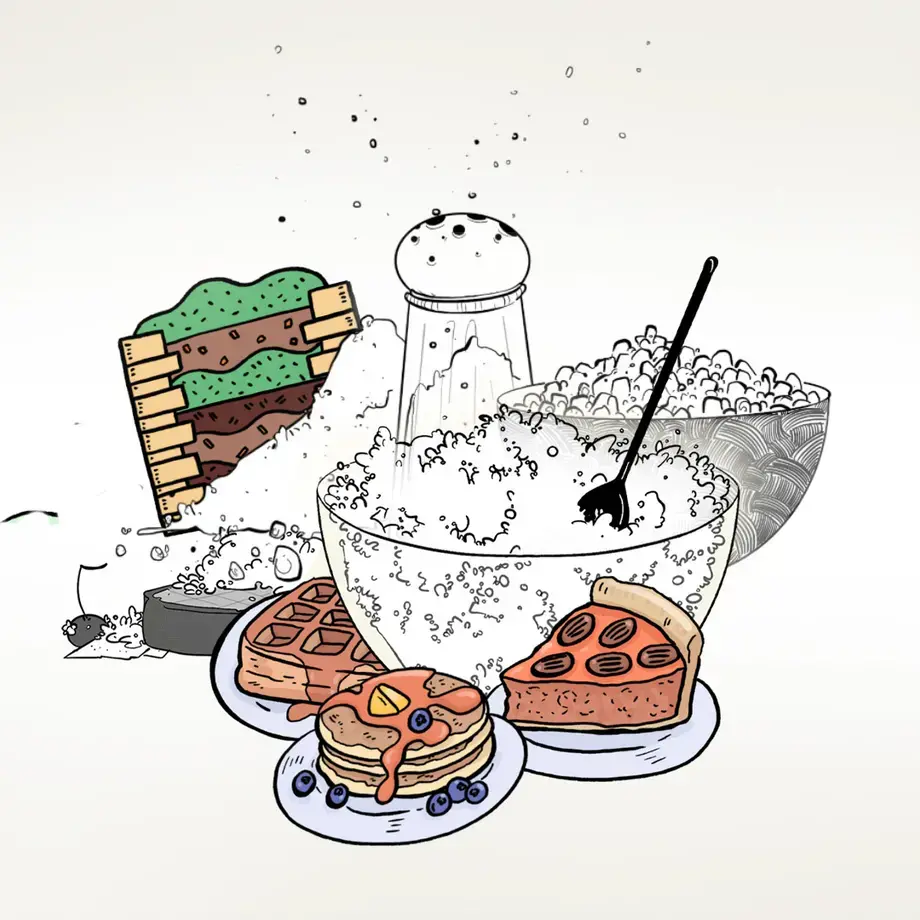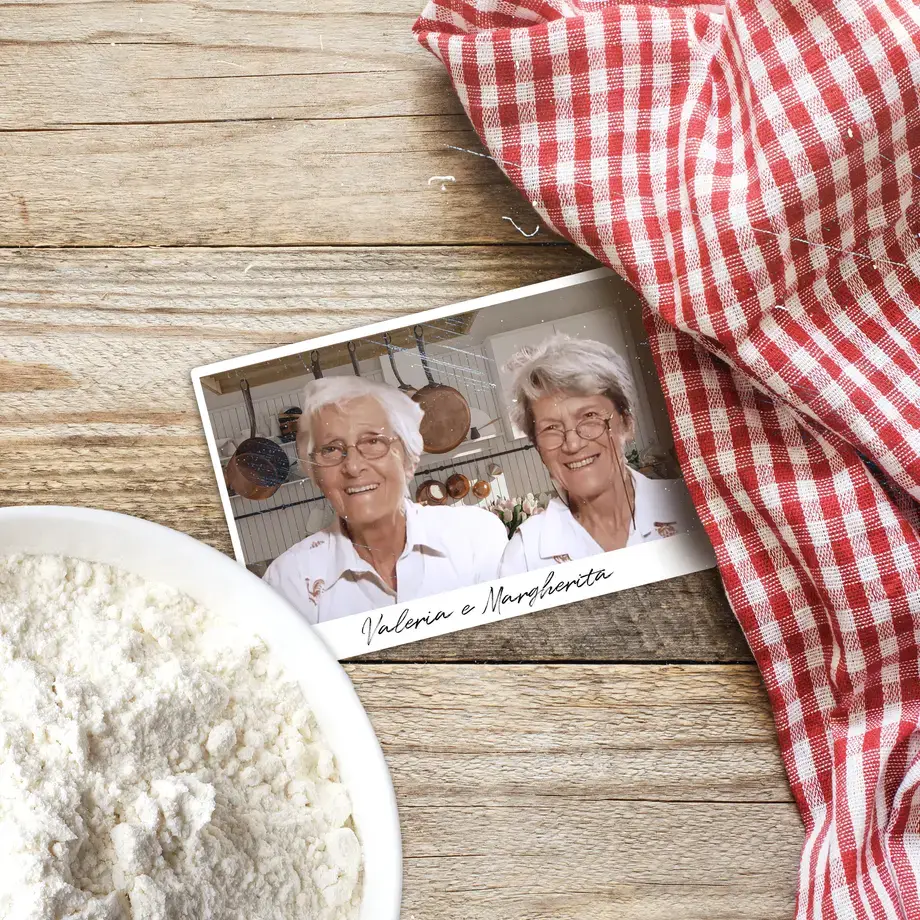The Secrets of French Cuisine with Romain Avril
Fine Dining Lovers has developed a series of online cooking tutorials called The Secrets of French Cuisine: an introduction to the techniques and treatments that make these dishes so delicious and classic.
These step-by-step videos, and recipes open up the world of French cuisine by explaining how to employ classic techniques.





















